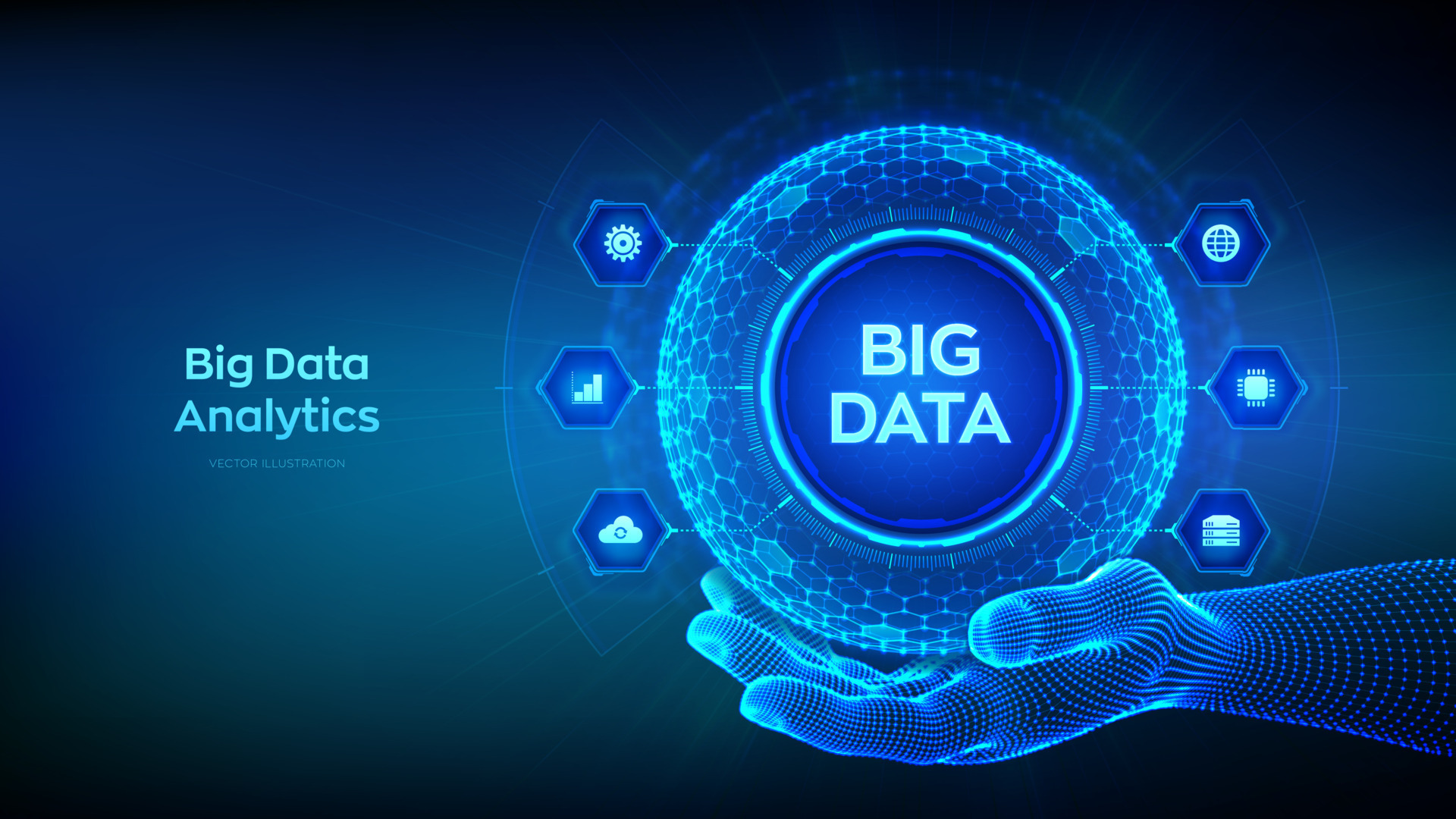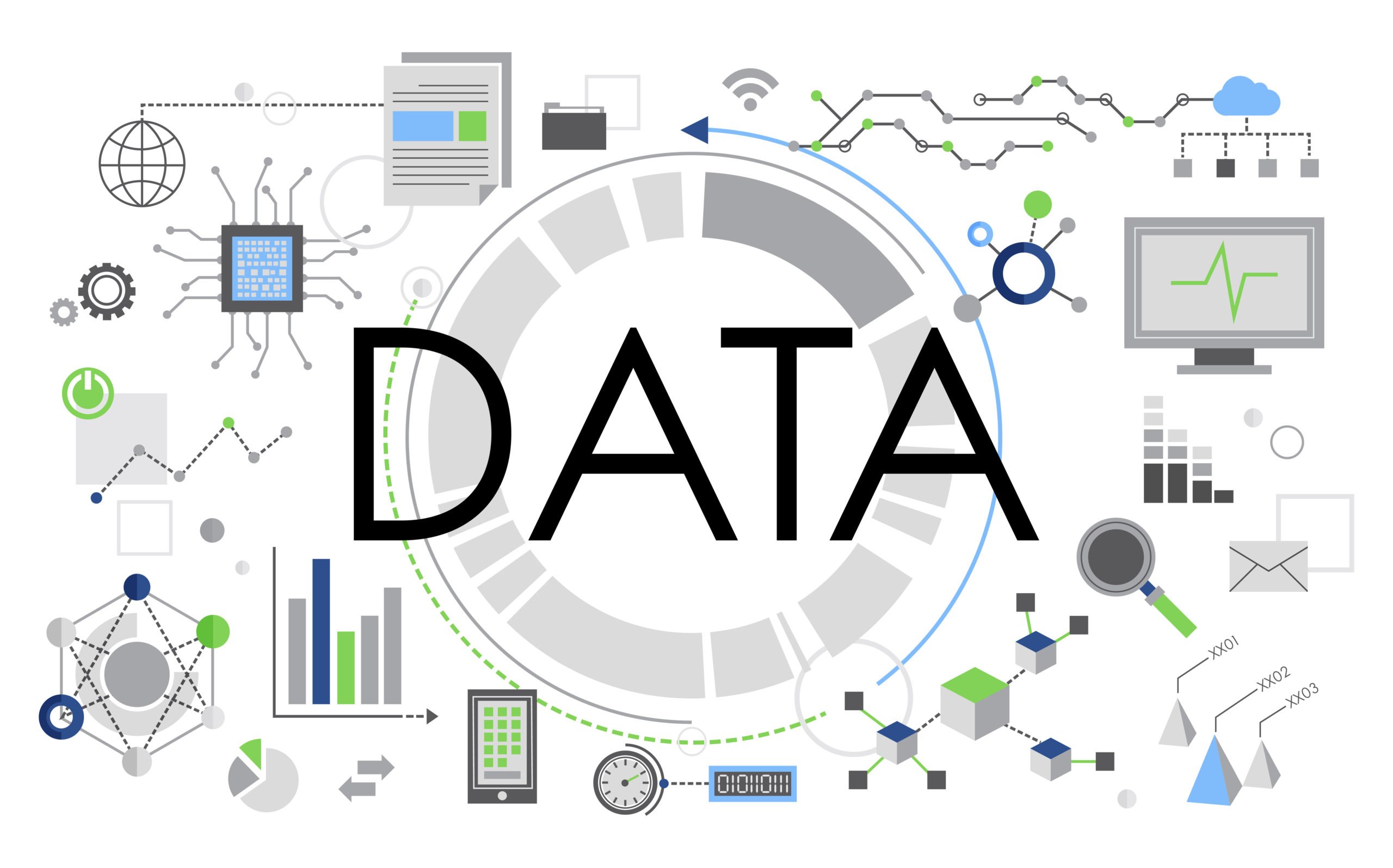
Reclaiming the Digital Narrative: The Imperative of Indigenous Data Sovereignty
By
In an era where data is increasingly hailed as the "new oil," a vital resource shaping economies, policies, and social narratives, Indigenous communities worldwide are asserting a fundamental, yet often overlooked, claim: the right to control their own information. This is the essence of Indigenous Data Sovereignty (IDS), a burgeoning movement that seeks to rectify historical injustices, empower self-determination, and ensure that data about Indigenous peoples serves their collective well-being, rather than perpetuating colonial legacies of extraction and misrepresentation.
For centuries, Indigenous peoples have been subjects of research, policy, and development initiatives, often without their full, free, and informed consent. Their lands, cultures, and even their very bodies have been studied, documented, and cataloged by external entities—governments, academics, corporations—with the resulting data frequently used to justify assimilationist policies, exploit resources, or simply fuel academic careers, offering little to no direct benefit back to the communities themselves. This historical context of data extraction and misuse forms the bedrock of the IDS movement.
"For too long, our stories, our lives, and our lands have been reduced to statistics collected by outsiders, often without understanding the true context or our aspirations," says Dr. Tahu Kukutai (Ngāti Tiipa, Ngāti Kinohaku, Te Aupōuri), a leading Māori demographer and co-director of the Te Ngira Institute for Population Research at the University of Waikato. "Indigenous Data Sovereignty is about shifting that power dynamic, ensuring that we are the ones who define, collect, manage, and use data about ourselves, for our own purposes."
What is Indigenous Data Sovereignty?

At its core, IDS is the right of Indigenous nations and peoples to govern the collection, ownership, and application of data about their communities, territories, cultural practices, and members. It’s not merely about privacy, though that is a crucial component. It’s about self-determination in the digital age, an extension of inherent sovereignty into the realm of information.
The movement is rooted in the principles outlined in the United Nations Declaration on the Rights of Indigenous Peoples (UNDRIP), particularly Article 3, which states that Indigenous peoples have the right to self-determination, and Article 31, which affirms their right to maintain, control, protect, and develop their cultural heritage, traditional knowledge, and intellectual property. Data, in this context, is seen as an invaluable form of cultural heritage and a critical resource for exercising self-determination.
A foundational framework for IDS, particularly in Canada, is the OCAP® principles: Ownership, Control, Access, and Possession. Developed by the First Nations Information Governance Centre (FNIGC), OCAP® asserts that First Nations have the right to:
- Ownership: Collectively own information about their communities.
- Control: Control the research process, data collection, and management.
- Access: Access their own data and information.
- Possession: Physically possess the data and have the right to store it on their own servers or within their own systems.

These principles ensure that data is not merely "about" Indigenous peoples but is "by" and "for" them, aligning with their values, protocols, and governance structures.
Why IDS Matters: The Stakes of Data Governance
The implications of Indigenous Data Sovereignty are far-reaching, touching every aspect of community life:
- Cultural Preservation and Language Revitalization: Data about traditional knowledge, language usage, and cultural practices is invaluable. IDS allows communities to create their own digital archives, ensuring that this sensitive information is preserved, protected, and shared according to their own protocols, preventing misappropriation or misinterpretation.
- Health and Well-being: Disparities in health outcomes for Indigenous peoples are well-documented, but the underlying data is often incomplete, aggregated, or collected in ways that don’t reflect Indigenous realities. By controlling health data, communities can identify specific needs, design culturally appropriate interventions, and advocate for resources based on accurate, disaggregated information, leading to better health equity.
- Environmental Stewardship and Land Management: Indigenous peoples are often frontline stewards of biodiversity and critical ecosystems. Their traditional ecological knowledge (TEK) is crucial for addressing climate change and environmental degradation. IDS enables communities to govern data related to their lands, waters, and resources, informing sustainable development and protecting their ancestral territories from exploitation.
- Economic Development: Accurate data on demographics, skills, and economic activities empowers Indigenous communities to plan for sustainable economic growth, negotiate beneficial partnerships, and leverage their assets effectively, ensuring that development benefits community members directly.
- Political Advocacy and Policy Making: When Indigenous communities control their data, they can present robust, evidence-based arguments to governments and international bodies, challenging stereotypes and advocating for policies that genuinely reflect their needs and aspirations. This shifts them from being passive subjects of policy to active shapers of their own futures.
- Addressing Misrepresentation and Discrimination: Historically, data collected by external parties has sometimes reinforced negative stereotypes or been used to justify discriminatory practices. IDS allows communities to challenge these narratives by presenting data that reflects their strengths, resilience, and unique cultural contexts.
"Data is power," states Robyn Rowe (K’asho Got’ine), a member of the Global Indigenous Data Alliance (GIDA) and a leading voice in IDS. "When we don’t control our data, others define who we are, what our needs are, and what our future should be. IDS is about taking back that power, defining ourselves, and building futures on our own terms."
Challenges and the Path Forward
Despite its critical importance, implementing IDS faces significant hurdles:
- Lack of Resources and Infrastructure: Many Indigenous communities lack the technical infrastructure, financial resources, and trained personnel necessary to establish and maintain robust data governance systems.
- Legal and Policy Gaps: Existing data protection laws often do not adequately recognize collective Indigenous rights to data or provide mechanisms for enforcement against external entities.
- Resistance from Institutions: Governments, research institutions, and corporations can be reluctant to cede control over data they have historically collected and managed, often citing existing legal frameworks or data sharing agreements.
- Capacity Building: There’s a need for significant investment in training Indigenous data scientists, researchers, and governance experts who can lead these initiatives.
However, momentum is building. Organizations like GIDA are working internationally to advance IDS principles and foster collaborations. GIDA’s CARE Principles for Indigenous Data Governance (Collective Benefit, Authority to Control, Responsibility, Ethics) complement the widely adopted FAIR principles (Findable, Accessible, Interoperable, Reusable) by adding a crucial layer of ethical and relational considerations for Indigenous data, emphasizing people and purpose over purely technical aspects.
Indigenous communities are also developing their own data platforms and governance structures. For example, some First Nations in Canada are establishing their own health data management systems, while Māori researchers in New Zealand are developing ethical guidelines for AI and machine learning that incorporate Indigenous values.
The shift towards IDS requires a fundamental re-evaluation of how data is collected, managed, and used globally. It calls for:
- Genuine Partnerships: Moving beyond consultation to co-creation, where Indigenous communities are equal partners in data initiatives from conception to implementation.
- Legal and Policy Reform: Developing national and international frameworks that explicitly recognize and protect Indigenous data rights.
- Investment in Indigenous-led Initiatives: Providing financial and technical support for Indigenous communities to build their own data infrastructure and capacity.
- Education and Awareness: Fostering understanding among non-Indigenous researchers, policymakers, and the public about the ethical imperatives of IDS.
Conclusion: A More Equitable Digital Future
Indigenous Data Sovereignty is more than a technical discussion about data management; it is a human rights issue, a matter of justice, and a pathway to true self-determination. By asserting their right to govern data about themselves, Indigenous peoples are not only reclaiming control over their narratives and futures but are also offering valuable models for ethical data governance that prioritize collective well-being, cultural integrity, and responsible innovation.
As the digital world continues to expand its reach, recognizing and upholding Indigenous Data Sovereignty is not just an act of reconciliation; it is an essential step towards building a more equitable, just, and sustainable global information ecosystem for all. The digital future must be one where Indigenous voices are amplified, their knowledge respected, and their data protected, ensuring that they, too, can thrive on their own terms in the information age.

